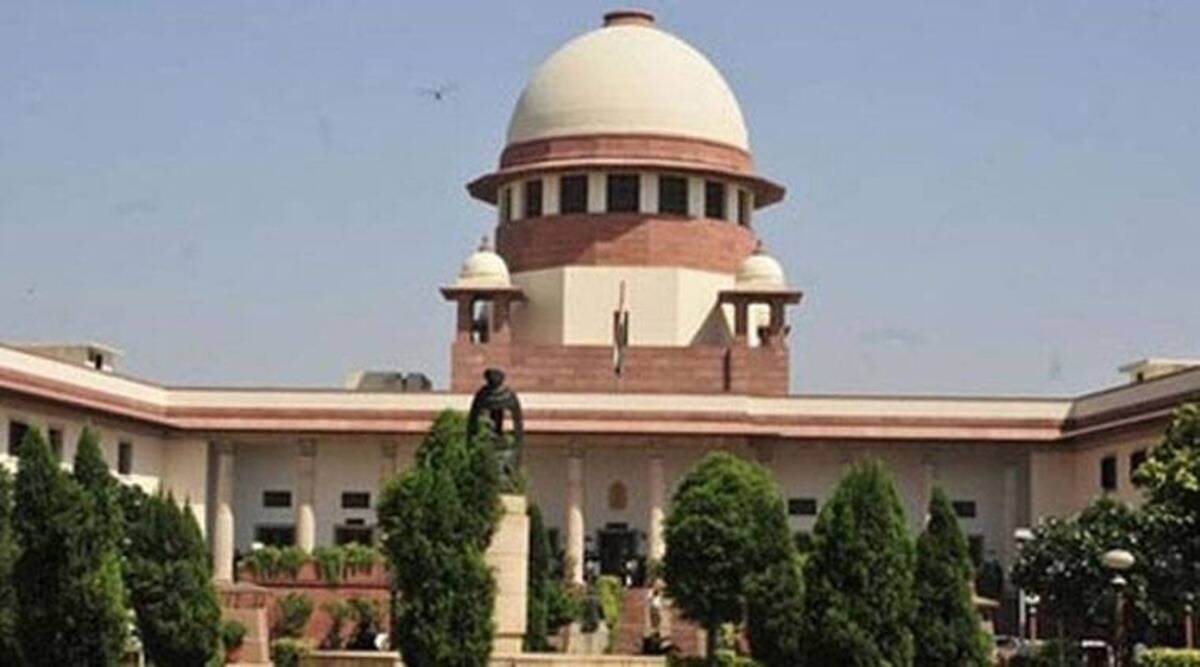 Supreme Court of India. (File)
Supreme Court of India. (File)In a significant ruling, the Supreme Court Wednesday upheld the constitutional validity of the provisions of the Prevention of Money Laundering Act (PMLA), 2002, relating to the Enforcement Directorate’s power of arrest, attachment, search, and seizure.
Deciding a bunch of petitions, a bench presided by Justice A M Khanwilkar also upheld the reverse burden cast under PMLA on the accused to prove innocence, saying it has a reasonable nexus with the object sought to be achieved under the Act.
The ruling held as valid the twin conditions for bail laid down in Section 45 of the Act. The provision says that when the public prosecutor opposes the bail plea of an accused, the court can grant relief only if it is satisfied that there are reasonable grounds to believe that the accused is not guilty of such an offence and that he is not likely to commit any offence if released on bail.
The petitions had also challenged the legality of statements recorded by ED officers under Section 50 of the Act on the ground of protection against self-incrimination under Article 20(3) of the Constitution. The bench, however, rejected this saying that ED officers are not police officials and hence the bar under Article 20(3) would not apply.
Subscriber Only Stories
The top court also rejected arguments against what constitutes the offence of money laundering under Section 3 of PMLA.
It also held that the Enforcement Case Information Report (ECIR), which is an internal document of the agency, cannot be equated with a First Information Report (FIR) and therefore it is not mandatory to supply the same to the accused during under PMLA proceedings.
The Supreme Court, however, left a decision on the constitutional validity of some of the amendments made to the Act via a Money Bill in 2019 to a larger seven-judge bench, which is already seized of similar questions.
- The Indian Express website has been rated GREEN for its credibility and trustworthiness by Newsguard, a global service that rates news sources for their journalistic standards.

